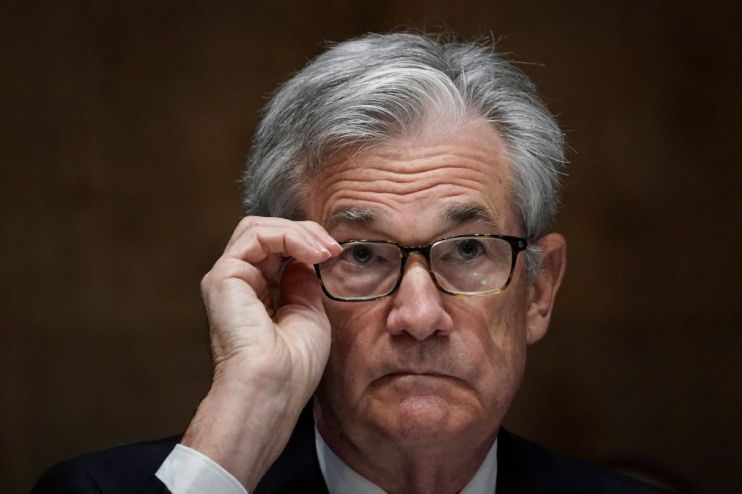More important for US to be right than first on digital currency, says Fed’s Powell

It is more important for the US to get the development of a cross-border digital currency (CBDC) right than to be first, Federal Reserve chair Jerome Powell said.
Speaking to a panel discussion hosted by the International Monetary Fund, Powell said it was vital for the Fed to assess the impact of such a currency on a range of critical issues.
“We do think it’s more important to get it right than to be first and getting it right means that we not only look at the potential benefits of a CBDC, but also the potential risks, and also recognise the important trade-offs that have to be thought through carefully,” he said.
“In addition to assessing the benefits – and there may well be benefits – there are also some quite difficult policy and operational questions that need to be thoroughly evaluated,” Powell continued.
The central banker cited the example of the need to protect a digital currency from “cyber attacks, counterfeiting and fraud, as well as assessing how it could affect monetary policy and financial stability.
Another crucial question was how a CBDC could “prevent illicit activity while also preserving user privacy and security,” he said.
Powell said that while the Fed has made no decision yet on issuing a digital currency, it is an active participant in research into the issue with other central banks and the Bank for International Settlements (BIS), as well as conducting its own research.
Many of the world’s largest central banks are examining the possibility of issuing a digital currency.
The BIS and seven central banks including the Federal Reserve and Bank of England last week released a report exploring how a CBDC could work in a bid to catch up with China’s “trail blazing” work on the issue.
China has publicly said it aims to become the first to issue a CBDC to reduce its dependence on the global dollar payment system.
Central banks were also spurred into action on the issue after Facebook announced plans to create Libra, its own digital currency, and the Covid-19 pandemic boosted demand for digital payments.